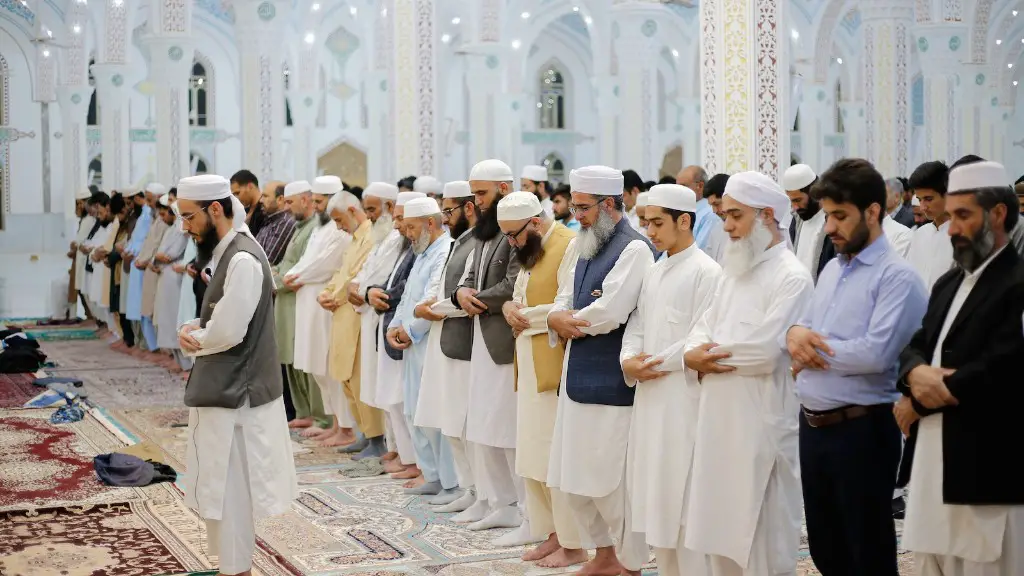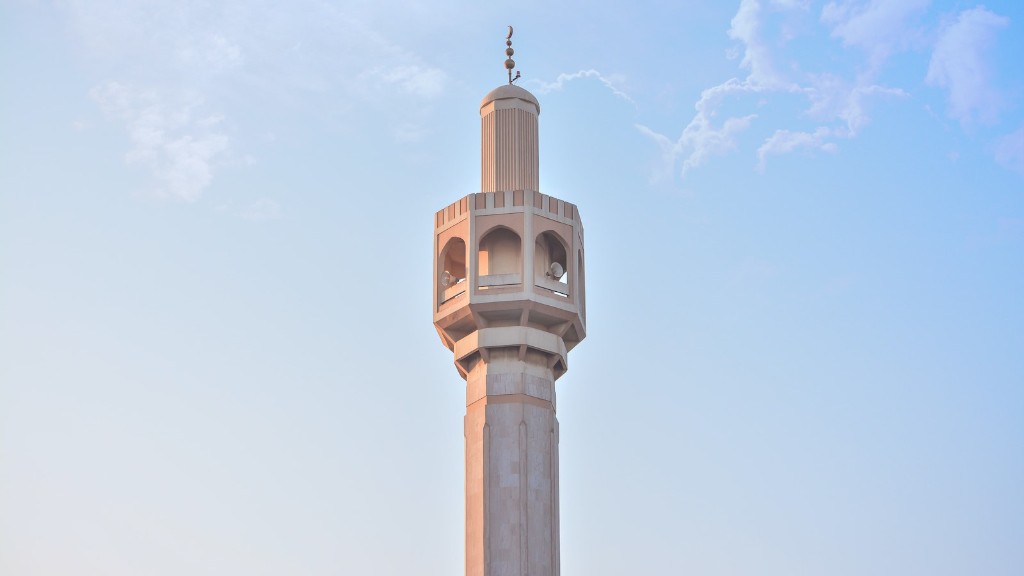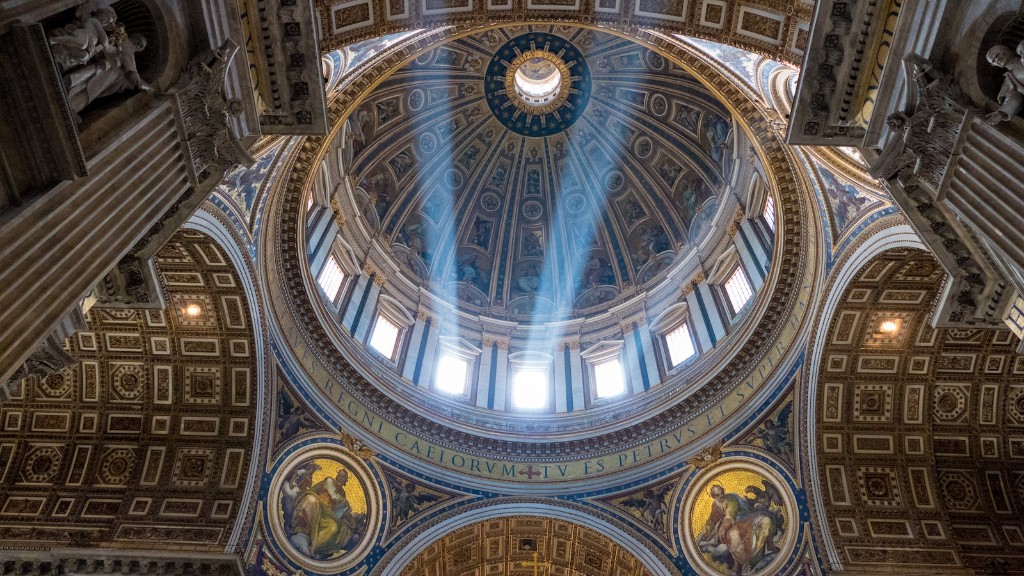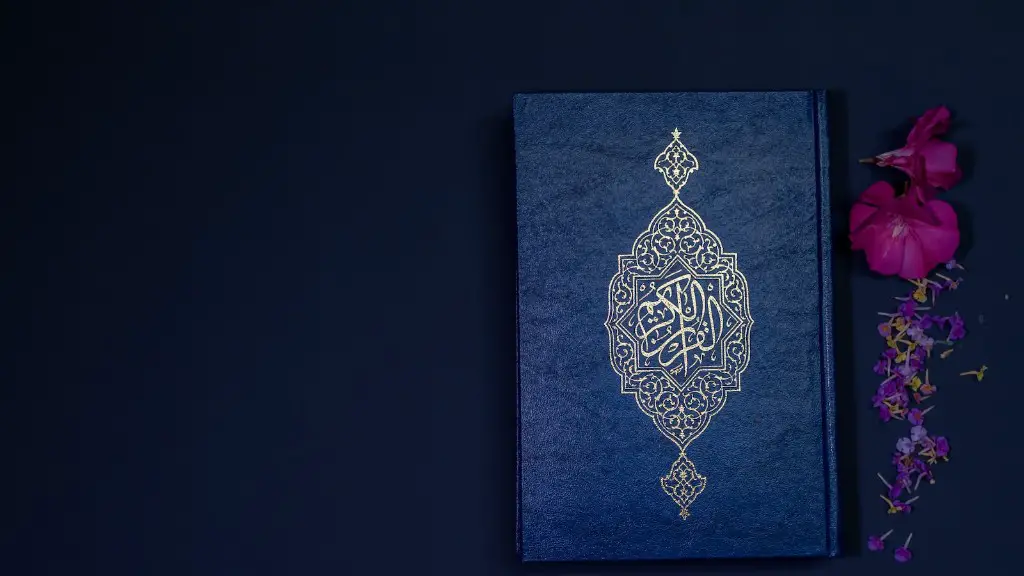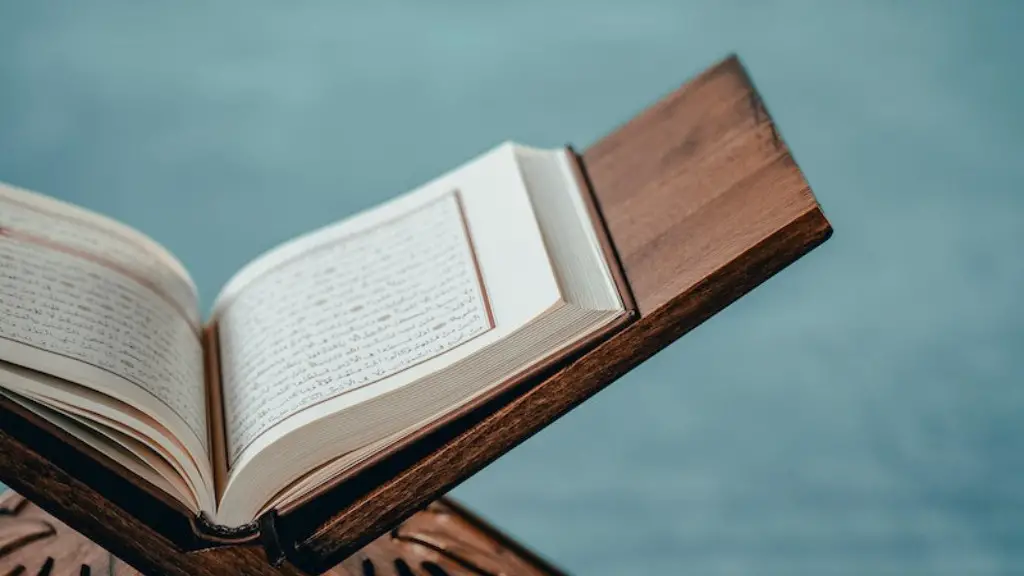In Islam, fasting is one of the five pillars of the faith. It is compulsory for every adult Muslim to fast during the month of Ramadan. The other four pillars are the profession of faith, prayer, giving Zakat (charity) and performing the Hajj (pilgrimage to Mecca).
Fasting is seen as a way of empowering Muslims spiritually, physically and emotionally. It is a chance to develop patience, will-power and self-control. Fasting also teaches Muslims about compassion and empathy for those less fortunate, as they are able to understand what it feels like to be hungry.
There are many health benefits to fasting, such as improved digestion, weight-loss and lowered cholesterol levels. Fasting is also thought to boost the immune system and help prevent chronic diseases such as heart disease, diabetes and cancer.
So, in short, fasting is essential to Islam as it helps Muslims develop spiritually, physically and emotionally, as well as providing many health benefits.
In Islam, fasting is primarily practiced as a means of self-purification and self-control. By undergoing the discipline of fasting, Muslims believe that they can learn to control their desires and strengthen their willpower. Additionally, fasting is seen as a way to come closer to Allah and to develop a more intimate relationship with Him.
What is the basic purpose of fasting?
Fasting is a practice that is often associated with religious observances. However, there are many different reasons why people may choose to fast. Some of the purposes of fasting include developing spiritual strength, including resisting temptation, developing self-mastery, making our spirits masters of our bodies, and showing humility.
Fasting can be a difficult practice, but it can also be very rewarding. Those who fast often report feeling a sense of closeness to God or a deeper connection to their faith. Fasting can also help to develop self-discipline and willpower. And, finally, fasting can be a way of showing humility before God or others.
Fasting is often seen as a negative thing, but there are actually many health benefits associated with it. Fasting can help to regulate cholesterol levels, curb appetite, and even boost mood and mental clarity. If you are considering fasting, be sure to speak with your doctor first to make sure it is safe for you.
Why did Allah command us to fast
Fasting is an important religious obligation for Muslims. It helps them to overcome their lust and desires within a reasonable limit. This allows them to control themselves and prevent becoming a slave to their appetites.
If you deliberately break a fast without a valid reason during the month of Ramadan, you must pay Kaffarah. Both require a penalty to be paid. The amount paid for each missed fast is the equivalent of feeding 60 people.
Why does Allah like fasting?
Fasting is a beloved act to Allah because it is done purely for His sake. It is a spiritual action that requires self-control and discipline. When we fast, we are humbling ourselves before Allah and seeking His pleasure. This is why fasting is such an important practice in Islam.
This Hadith is a great reminder for us of the power of fasting and worship during the month of Ramadan. It is a time when our sins are forgiven and we are given the chance to start fresh. If we take advantage of this opportunity, we can earn a great reward from Allah SWT.
What happens to your body when you fast Islam?
The first few days of fasting can be tough, as the body starts the cleansing process. Symptoms like headaches, dizziness, nausea and intense hunger can make it difficult to stick to the fast. However, it is important to persevere, as the benefits of fasting will be worth it in the end. After a few days, blood sugar levels and blood pressure will start to drop, and the body will be able to detoxify itself more effectively. So, hang in there and don’t give up!
It is not permissible to fast on the two days of Eid, whether the fast is obligatory or voluntary. This is because fasting on these days is prohibited by the Prophet Muhammad.
What are the benefits of fasting
Some research suggests that intermittent fasting may be more beneficial than other diets for reducing inflammation and improving conditions associated with inflammation, such as Alzheimer’s disease, arthritis, and asthma. Side effects may include hunger, fatigue, insomnia, nausea, and headaches.
Wow! Ramadan is a special time for Muslims because not only are the rewards for good deeds multiplied, but Laylatul Qadr is a special night when the rewards for good deeds are even greater! This is a great motivation to try to do as much good as possible during this month!
Who Cannot fast in Islam?
Fasting is one of the five pillars of Islam. Muslims are required to fast during the month of Ramadan. Children who have not yet reached puberty, the elderly, those who are physically or mentally incapable of fasting, pregnant women, breastfeeding mothers and travelers are exempt from fasting.
There are a few things to consider when deciding whether or not to fast during Ramadan. Severe thirst and grave hunger are both valid reasons not to fast, but not just any kind of acute thirst or hunger. If one really believes that the continuation of their fast will physically harm them because they are suffering from severe thirst or hunger, then it is permissible for them to break fast. However, if the person is able to continue fasting without any serious effects on their health, then it is better to do so.
What does Allah say about not fasting
Ramadan is a special month for Muslims, when they fast from sunrise to sunset. However, some people may want to start fasting a few days before Ramadan begins, in order to get into the spirit of the month.
However, the Prophet Muhammad said that it is better not to fast for more than one or two days before Ramadan begins, unless a person is used to fasting on a regular basis. This is because it is easy to get dehydrated and weak if one starts fasting too early, and this can make it difficult to fast during Ramadan.
So, if you are thinking of starting to fast a few days before Ramadan, it is better to check with your Muslim friends or community first, to see if they think it is a good idea.
Fasting and prayer is a great way to restore or strengthen your relationship with God. Many Christians find that fasting helps them to remember their “first love” for God. When you fast, you are humble before God and this can help to increase your intimacy with Him.
What is allowed during fasting?
There are a few things to keep in mind when fasting with time-restricted intermittent eating. First, you want to make sure that you’re only consuming beverages with very few calories. This means water or unsweetened coffee and tea without milk. Second, when you’re not fasting, it’s important to eat a healthy and varied diet to make sure your body gets all the nutrients it needs.
There are two types of fasting: Obligatory and voluntary. Obligatory can be further subdivided into the fast of Ramadan, the fast of expiation and the fast of fulfilling a vow. Here we shall discuss the Fast of Ramadan. The fast of Ramadan, according to the Qur’an, Sunnah and consensus, is obligatory.
Conclusion
We fast because Allah has commanded us to fast. It is a means of developing taqwa (piety, God-consciousness), self-control and discipline. It teaches us to be patient and to persevere in the face of difficulties and hunger. It is also a form of worship that brings us closer to Allah.
There are many reasons why people fast in Islam. For some, it is a way to physically and spiritually cleanse themselves. For others, it is a way to show solidarity with those who are less fortunate. And for still others, it is a way to demonstrate their submission to God. Whatever the reason, fasting is an important part of the Islamic faith.
